Milk Protein vs Whey Protein: Which Is Best?
Author:
Reviewed by:
(Certified Nutritionist, S&C specialist, M.Sc.Eng. Biotechnology)
Unlock your full potential by engaging with our experts and community! Have questions about your fitness journey or looking for expert advice on weightlifting techniques? Don’t hesitate — leave a comment below and Oleksandr Maksymenko will provide a personalized answer and insights to help you reach your goals.
Torokhtiy is reader-supported. Some links are affiliate links, and we may earn a commission at no extra cost to you. See our disclosure page for details.
If you work out regularly, you know the importance of protein. It greatly contributes to improving body composition and brings you closer to the results you want to see. The following article will look at the benefits of both milk protein and whey protein..
Milk Protein vs Whey Protein? – Milk protein provides a slower release of protein, so it’s generally better used at bedtime and in a situation where there is a long period of time without the opportunity to eat. Whey protein is quickly digested and absorbed, so it is better suited as a pre-workout snack.
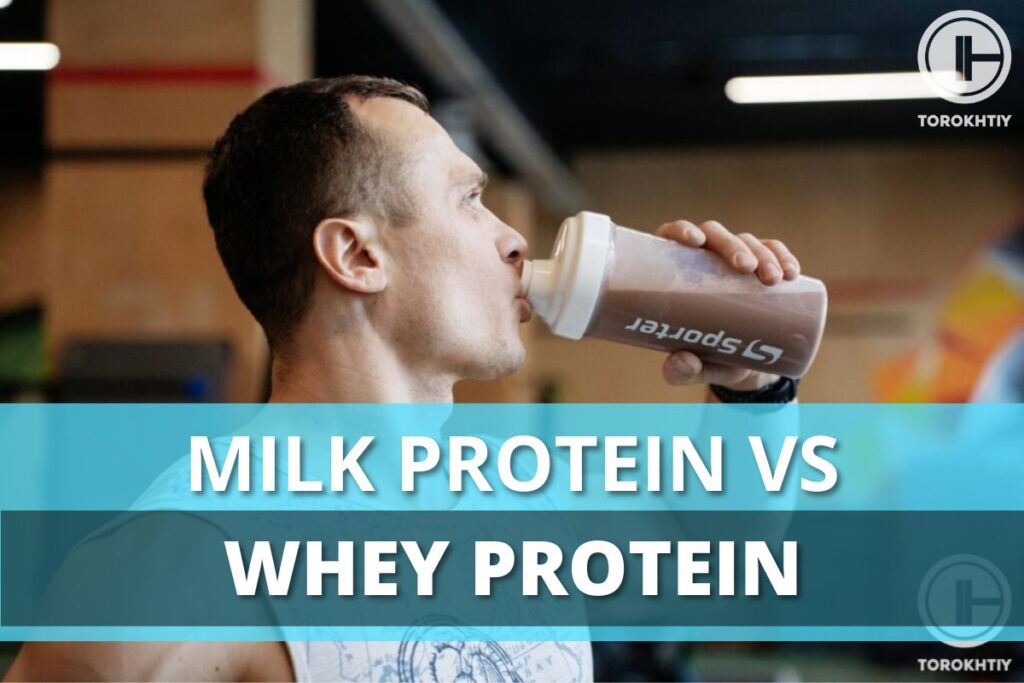
What’s Milk Protein?
Milk protein is a blend of casein and whey protein in the same ratio in which they are found in milk – 80 / 20%. Due to its composition, we can simultaneously get the benefits of both casein and whey protein, as slow- and fast-digesting proteins. Overall, this is a high-quality protein source with a high BCAA content.
Most often, we can find this protein in ready-to-drink shakes. Good examples are Premier Protein and Muscle Milk. Milk protein is also sold in powdered form. It is generally labeled as milk protein concentrate (MPC) or milk protein isolate (MPI) in the ingredients list. The first has a protein percentage of up to 89.5% of dry weight, the second – 90% and higher.
However, there are very few protein powders on the market, in which the protein is presented only in the form of MPC or MPI. It can usually be found in whey proteins, where it is added to a concentrate or isolate as a blend.
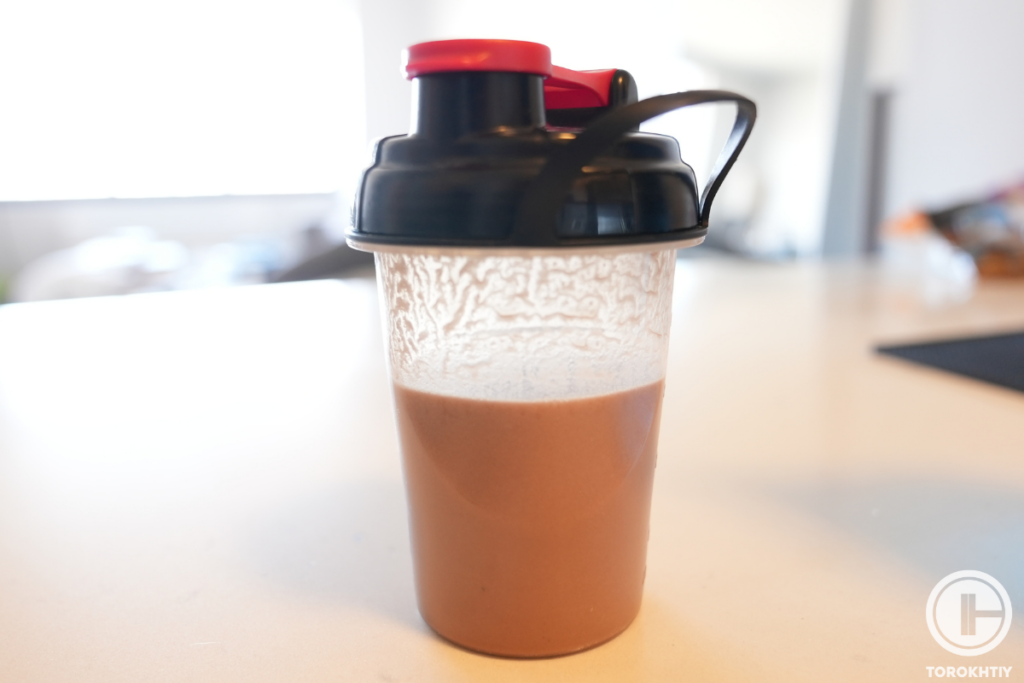
What’s Whey Protein?
Whey protein is a byproduct of cheese production. It is obtained by pasteurizing milk, adding enzymes or acids that separate liquid whey from casein, then filtering lactose, fat, and other components (to varying degrees) and drying it to a powder form. Although it is also a dairy product, it does not contain casein.
It is one of the most popular supplements on the fitness and sports market. And it deserves this popularity, because it is an affordable source of high-quality protein, which also contains even more BCAAs than the milk protein we discussed above.
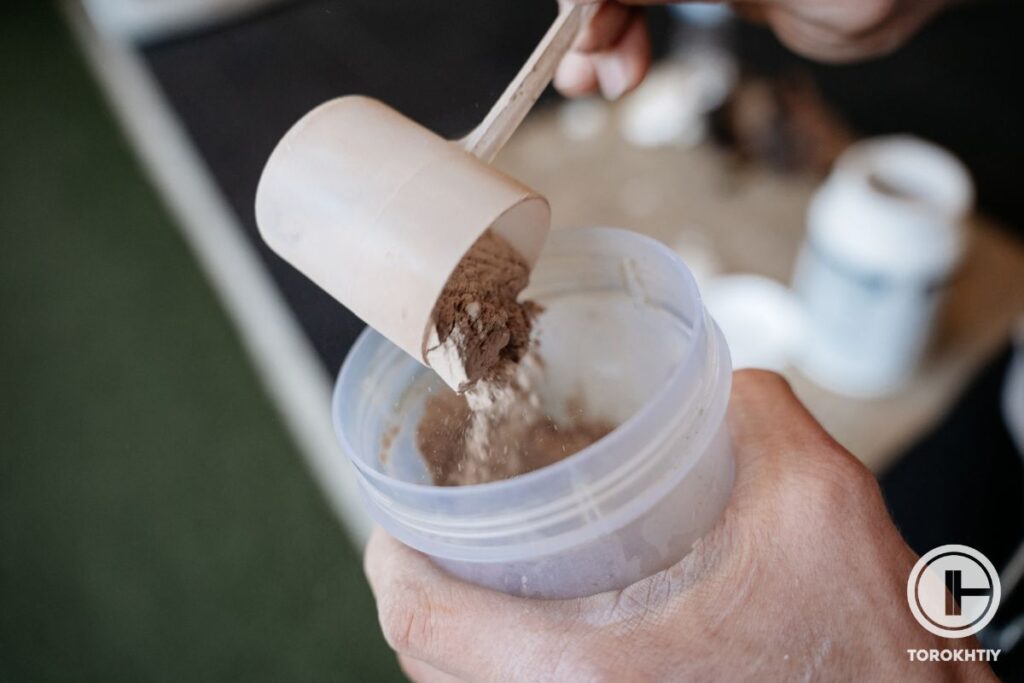
Milk Protein vs Whey Protein: Comparison
Let’s look at the differences between milk protein and whey protein:
1. Processing
Skimmed milk is pasteurized and then filtered to remove fat, lactose, and other components. If more than 65% protein is needed, then further filtration is used. Once the milk reaches the right protein concentration, water is removed and the product is spray-dried. This results in milk protein that includes both whey protein and casein.
For whey protein, milk is pasteurized, then treated with enzymes or acids to separate casein, which is used for cheese. The leftover liquid which is whey, is filtered to remove fat and carbs. In the end, it’s spray-dried into a powder, perfect for protein shakes.
2. Average Protein/Carbs/Fats Content
The nutritional content of milk and whey protein will vary based on whichever brand and product you choose. To know the general difference between milk and whey proteins, take a look at the comparison chart below.
| Protein per serving | Fats per serving | Carbs per serving | Calories per serving | |
|---|---|---|---|---|
| Milk Protein | 24-25 g | 2-3.5 g | 6 g | 130-160 kcal |
| Whey Protein | 20-30 g | 0-2 g | 0-4 g | 100-130 kcal |
Keep in mind that the macronutrient composition for milk protein is taken from protein supplements in powder form (not in ready-to-drink shakes), in which it is mainly contained in the overall blend along with whey.
If we talk about protein shakes, in which the key source of protein is milk protein concentrate or isolate, then one bottle usually contains 24-32 grams of protein. Muscle milk or Premier protein shakes are great examples.
3. Price Range
Protein powders with milk protein in the general blend are about the same price as regular whey protein concentrate – on average $1.2-$1.5 per serving if you buy a large package (5 lb as a standard reference).
Whey isolate goes through additional filtration processes and increases the protein concentration relative to the weight of the product. It usually has a higher percentage of protein to total calories per serving, less lactose and fat than whey concentrate or milk protein. Therefore, the cost of a serving is usually higher than $1.2-1.5 per serving.
4. Muscle Milk vs Premier Protein
When you search for milk protein drinks, you may come across Muscle Milk and Premier Protein. Both are popular ready-to-drink shakes that have milk protein concentrate or isolate as the main ingredient. These products are highly rated for their high-quality protein content – 30-32 grams per bottle without added sugar.
However, when choosing between Premier Protein vs Muscle Milk shakes, consider the type of milk protein, the amount of protein per serving, and the lactose content. If you don’t have a problem with lactose, either product will work for you.
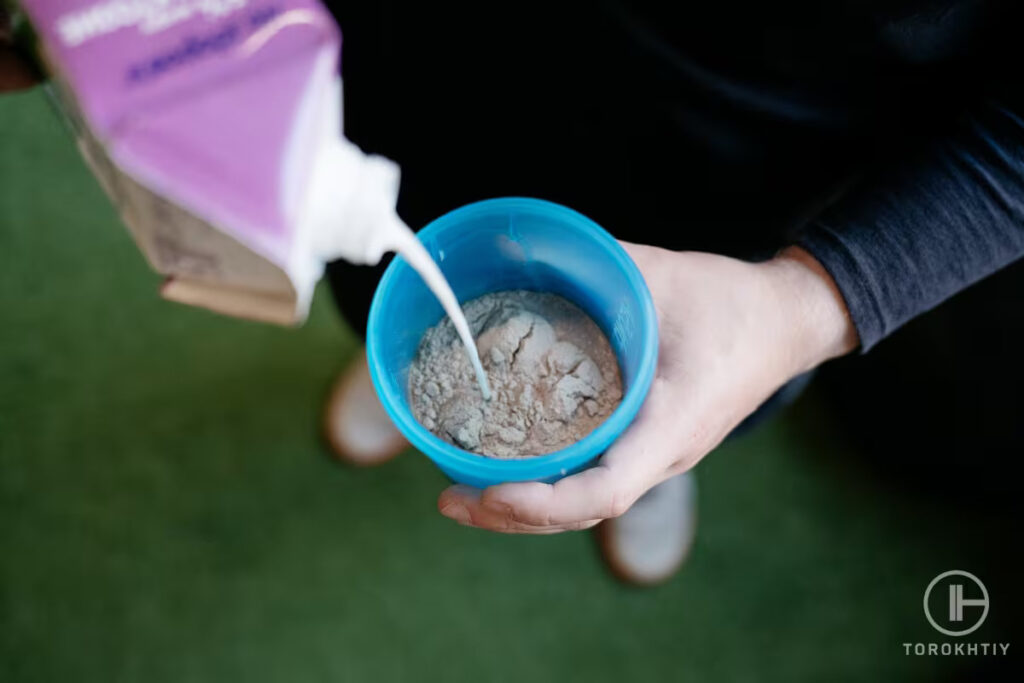
If you’re lactose intolerant, Muscle Milk might be a better choice because it contains milk protein isolate, which has less lactose than concentrate. Muscle Milk also has a little more protein power serving and it’s generally more affordable. If you are very sensitive to lactose – be sure to consume lactose-free products.
It’s important to mention that both Muscle Milk and Premier Protein usually have a blend of milk protein concentrate, which includes both casein and whey protein, rather than just whey alone.
Milk Protein vs Whey Protein vs Ready-to-Drink Shakes: Summary
1. Pros/Cons of Milk Protein
Positives:
Could be better:
2. Pros/Cons of Whey Protein
Positives:
Could be better:
3. Pros/Cons of Ready-to-Drink Protein Shakes
Positives:
Could be better:
Milk Protein vs Whey Protein: When to Use Each?
Even though they are both forms of high-quality dairy-based protein, we can use the advantages of each of them in different situations.
In the gastrointestinal tract, milk and whey protein will break down into amino acids and peptides, after which they will be absorbed into the bloodstream. The difference is that milk protein is digested and absorbed slower than whey protein, because the casein part of milk protein coagulates in the gut and is digested more slowly. Because of this, it can better support the feeling of satiety and prolongs the process of delivering amino acids to the muscles.
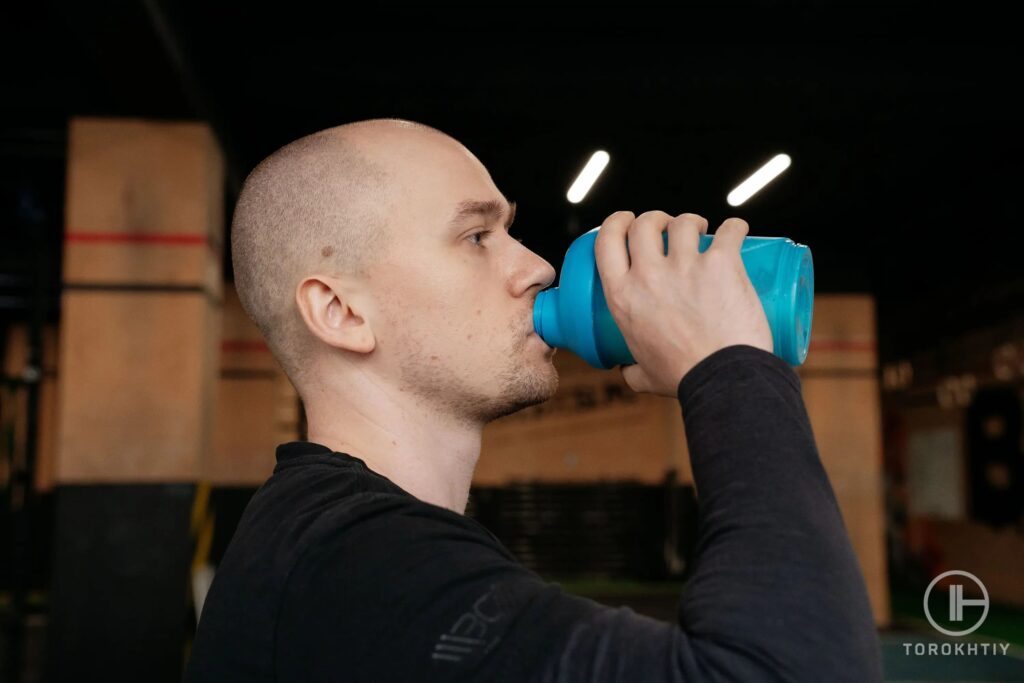
For these reasons, milk protein is better suited in cases where:
- You will not be able to eat and get a portion of protein for a long time (for example, during long work meetings or while sleeping),
- You often feel hungry, especially when you are trying to lose weight.
Although there is a lack of research that proves the unique value of taking casein protein before bed, we can still reap the potential benefits of taking it in the evening so that our muscles use sustained release of amino acids while we sleep.
On the other hand, whey protein is very quickly and easily digested, due to which amino acids are able to get to our muscles faster. It’s better for a pre-workout meal when you have 30-40 minutes before your workout, but you haven’t eaten anything in the last few hours. This will allow you to get a large portion of easily digestible protein, reducing the likelihood of a feeling of “heaviness” in the stomach during training.
By the way, both types of protein are a great option for a post-workout meal!
Transparent Labs Whey Protein Isolate
- Serving Size: 32.96 grams
- Price Per Serving: ~$1.8
- Protein Percent Of Weight (%): 85%
- Proteins: 28 grams
- Carbohydrates: 1 gram (depends on flavor)
- Fat: 0.5 gram (French Vanilla only)
- Added Sugar: 0 gram
- Calories Per Serving: 120
- Recommended By Athletes: Hafþór Júlíus Björnsson, Terron Beckham, Paul Sklar
The whey protein we recommend is the Whey Protein Isolate from Transparent Labs. This protein is sourced from grass-fed American cows, providing 28 grams of protein per serving. It is a concentrated source of whey protein isolate that is ideal for people with lactose intolerance.
Zero added sugar and fat per serving. By the way, in the ranking of the company Labdoor, which checks products for harmful ingredients and contaminants, this whey protein isolate has the highest rating – A+!
Vital Performance Protein Powder
It is almost impossible to find a protein powder on the market in which the key ingredient is milk protein. However, we have found Vital Performance Protein Powder for you. One serving contains 18 g of milk protein isolate (lactose-free), as well as 10 g of collagen to support the health of bones, joints and tendons. It is certified by the independent organization NSF as a product that does not contain unsafe levels of contaminants or prohibited substances.
Muscle Milk
- Best For: Building Muscle, Recovery
- Suitable for Vegans: Yes
- Protein Source: Pea Protein Isolate
- Serving size: 330ml
- Price per Serving: ~$2.40
- Calories: 180
- Protein per Serving: 25g
- Carbohydrates: 5-8g
- Fat: 4g
- Added Sugar: 3-4g
- Company Founded: 2000
- Recommended by Athletes: Charli Collier, Alex Silver Fagan, Andrew Stern
If you are choosing between Muscle Milk vs Premier Protein, consider Muscle Milk as one of the best ready-to-drink shakes on the market. It contains milk protein isolate and a total of 32 grams of protein, plus 5 grams of fiber, as much as 520 mg of calcium, and other vitamins and minerals. And all this in one 330 ml bottle!
FAQ
Is Milk Whey the Same as Whey Protein?
Milk protein and whey protein are both derived from milk. However, milk protein contains 2 fractions of milk proteins: both casein and whey protein in the same ratio as milk. Whereas whey protein does not contain casein.
Is Milk Protein Good for Building Muscle?
Absolutely! Any milk-based source of protein has a high biological value and is perfect for people who want to gain muscle mass.
Conclusion
Both types of protein, milk and whey, are high-quality proteins. Milk protein contains a lot of casein and is better suited for maintaining a feeling of satiety and as a meal before going to bed. Whey digests very quickly, and is a great option for a pre-workout snack.
Keep in mind that the most important thing will be overall daily protein intake, timing and other things are far less important.
Do you have any questions about milk protein or whey protein?
Also read:
- Premier Protein vs Muscle Milk
- Can You Drink Protein Shakes Without Working Out
- What to Mix Protein Powder With
- Plant vs Whey Protein
- Whey Isolate Protein Guide
References:
- Can milk proteins be a useful tool in the management of cardiometabolic health? An updated review of human intervention trials // Cambridge University Press: https://www.cambridge.org/core/journals/proceedings-of-the-nutrition-society/article/can-milk-proteins-be-a-useful-tool-in-the-management-of-cardiometabolic-health-an-updated-review-of-human-intervention-trials/CA667E69AFECAAB70D1BF3027C53FA21
- International Society of Sports Nutrition Position Stand: protein and exercise // Journal of the International Society of Sports Nutrition: https://jissn.biomedcentral.com/articles/10.1186/s12970-017-0177-8
- Isolated protein supplement // Australian Sports Commission: https://www.ais.gov.au/nutrition/supplements/group_a#isolated_protein_supplement
- Photos by Torokhtiy Media Team.
Why Trust Us?
With over 20 years in Olympic weightlifting, strength training, nutrition coaching, and general fitness our team does its best to provide the audience with ultimate support and meet the needs and requirements of advanced athletes and professional lifters, as well as people who strive to open new opportunities and develop their physical capabilities with us.
By trusting the recommendations of our certified experts in coaching, nutrition, and sports training programming, as well as scientific consultants, and physiotherapists, we provide you with thorough, well-considered, and scientifically proven content. All the information given in the articles concerning workout programming, separate exercises, and athletic performance, in general, is based on verified data.
The product testing process is described in more detail here.
Author: Oleksandr Maksymenko
Certified Sports Nutritionist,
MSc Sports Dietetics
Specializing in: Weight management, Fitness / Sports nutrition
Oleksandr is a professional fitness nutritionist certified by the Fitness Professional Association (FPA). He follows the principles of evidence-based dietetics and fosters a healthy relationship with food in his clients, ensuring there are no strict prohibitions on their favorite foods or frequent lapses. His primary goal is not only to achieve results for you but also to sustain them over the long term, all while enjoying tasty and delicious food.
Reviewed by: Jacek Szymanowski
Certified Nutritionist,
M.Sc.Eng. Biotechnology
Performance architect,
Strength and Conditioning Specialist
With over 30 years of fighting experience, specialization in nutrition coaching for athletes, and expertise in metabolic health and dietary strategies, Jacek offers a comprehensive approach to optimizing your performance and well-being. Backed by a Master of Science degree in Biotechnology, Jacek remains at the forefront of scientific advancements, ensuring that his coaching is always evidence-based and up-to-date.




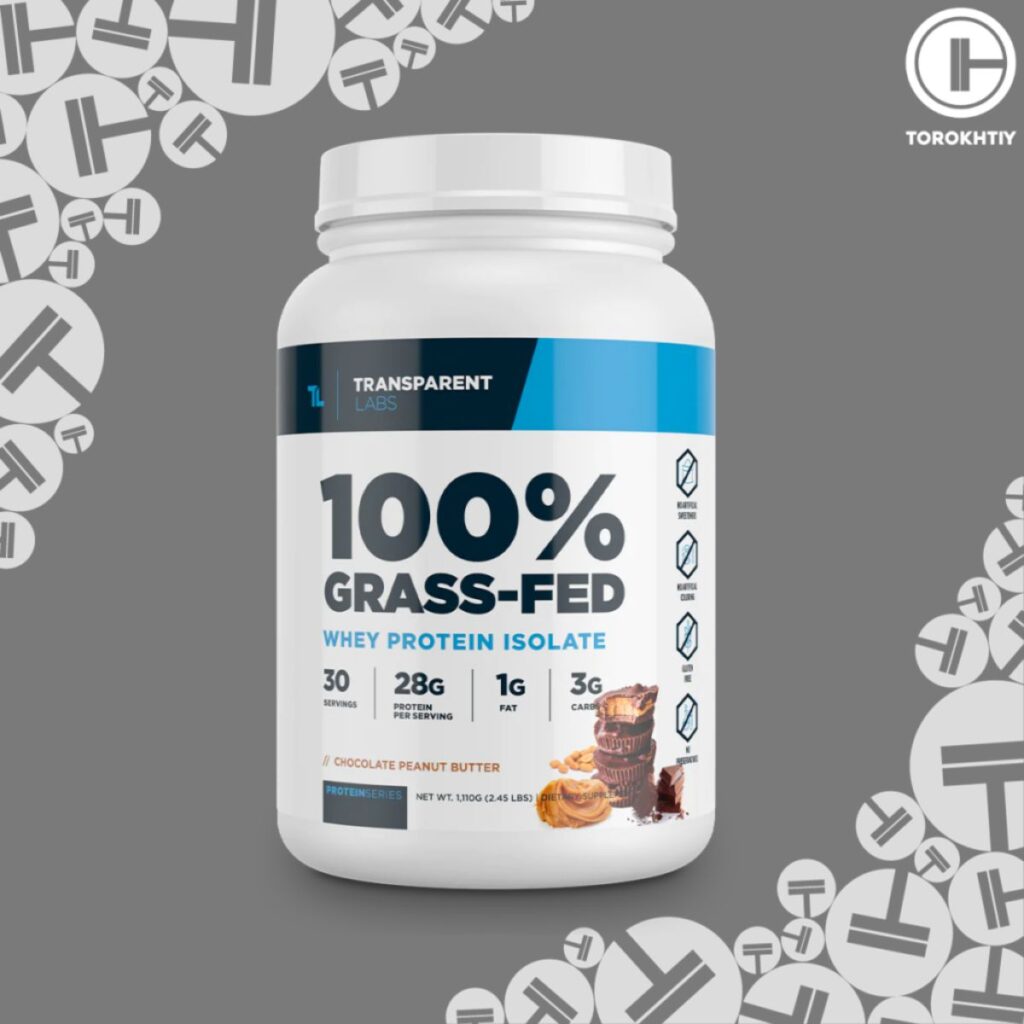
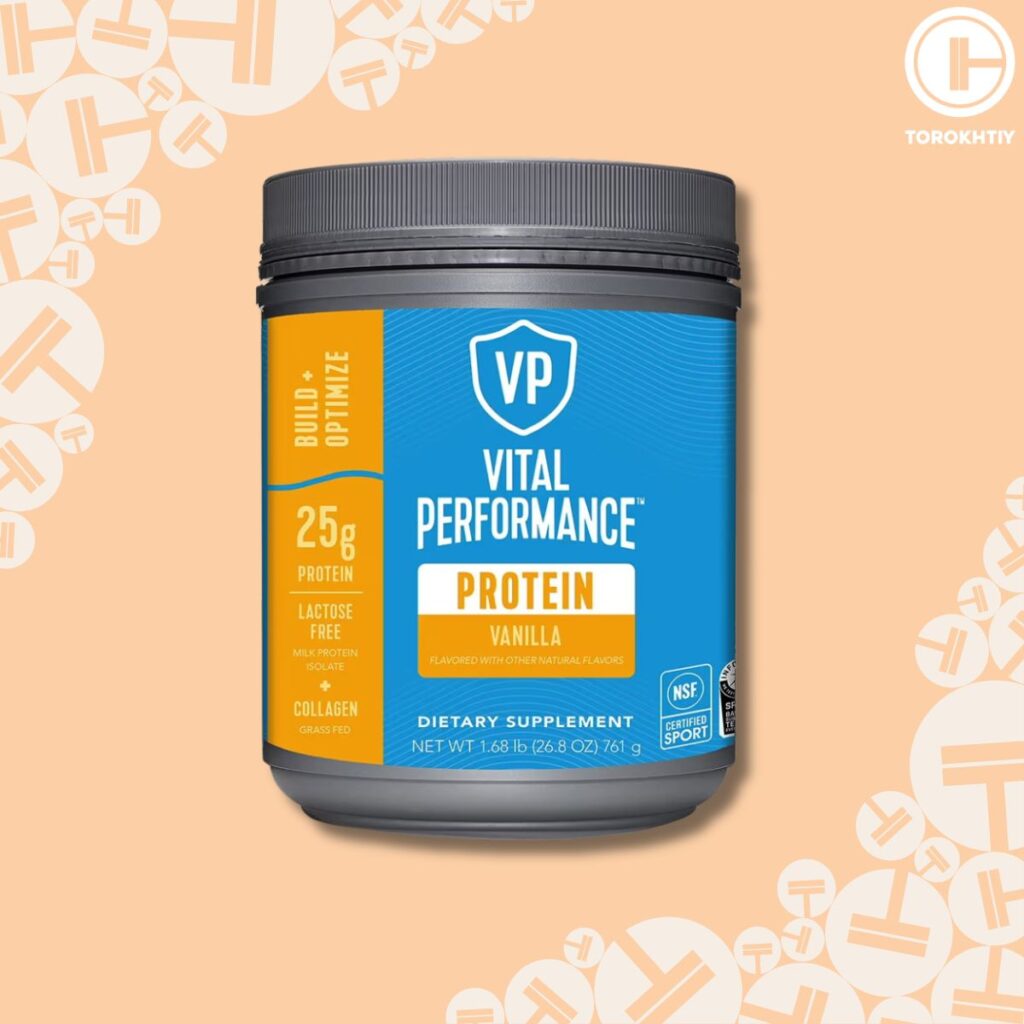
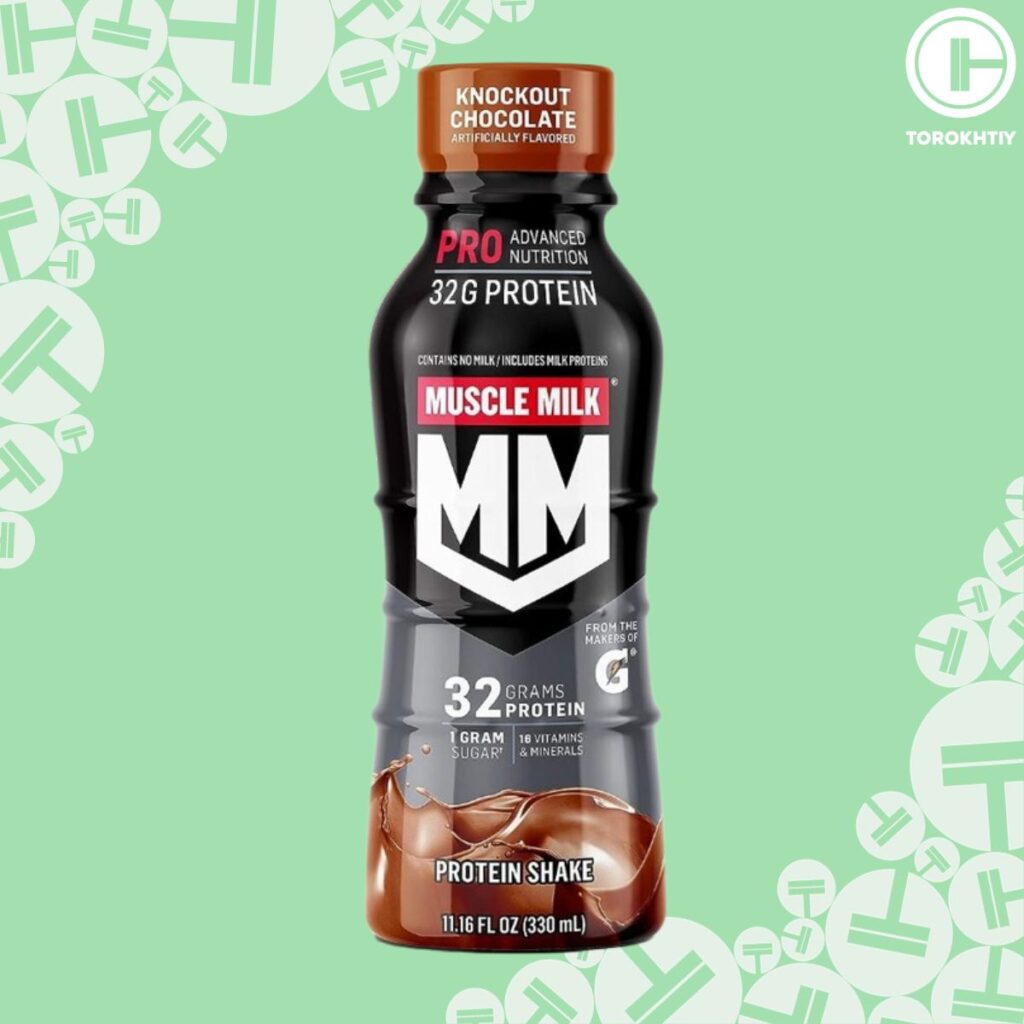
Still have questions after reading our article? Unlock your full potential by engaging with our experts and community! Don’t hesitate — leave a comment below and Oleksandr Maksymenko will provide a personalized answer and insights to help you reach your goals.